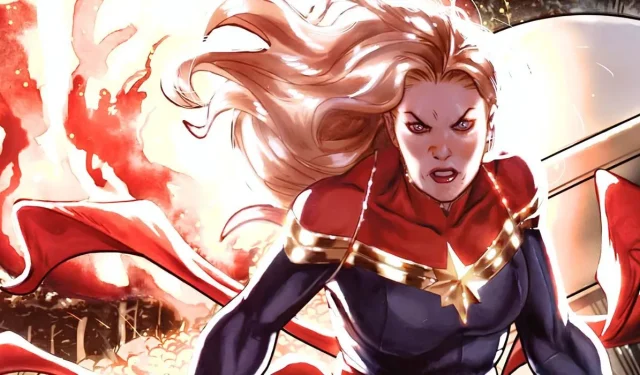
Captain Marvel, known as Carol Danvers, has solidified her place at the forefront of the Marvel universe. With notable roles in the Marvel Cinematic Universe (MCU) and as a leader within the Avengers comic series, she embodies a pinnacle character. However, many fans argue that inconsistencies in the quality of Captain Marvel storylines have undermined her potential to emerge as a true icon or standard-bearer for the company. This brings forth important questions regarding how her character and narratives could be reimagined for greater impact.
Despite facing valid criticisms concerning her portrayal in the Marvel Comics canon, Captain Marvel has garnered a strong and dedicated fanbase over the years. Nevertheless, the quality of her comic book series often falls short of expectations. Debuting as Captain Marvel in the renowned 2012 run by Kelly Sue DeConnick and Dexter Soy, this initial series set a high standard, yet subsequent titles have yielded mixed reception among readers.
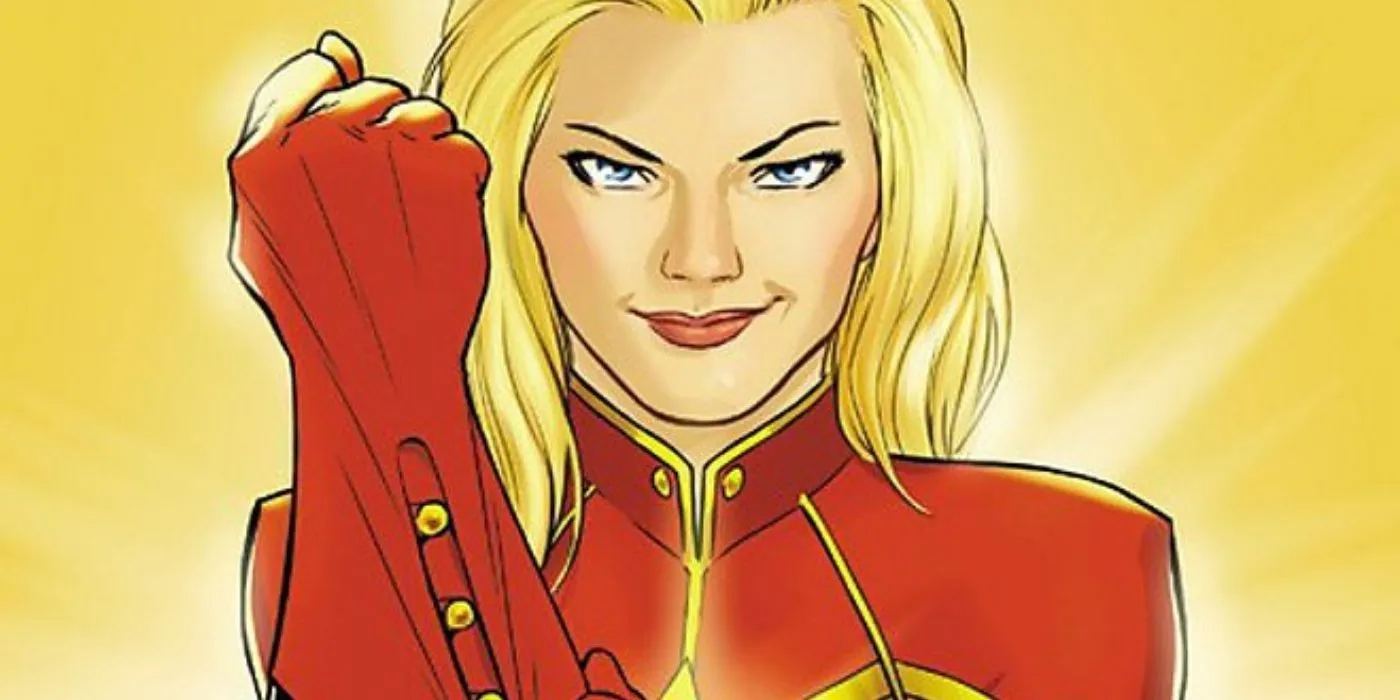
Understanding why audiences sometimes struggle to connect with Captain Marvel’s stories—despite their affection for the character—requires deeper analysis of the narratives and elements that resonate or fall flat.
Captain Marvel’s Subpar Rogues Gallery: A Barrier to Her Success
Examining the Hero’s Underwhelming Villains
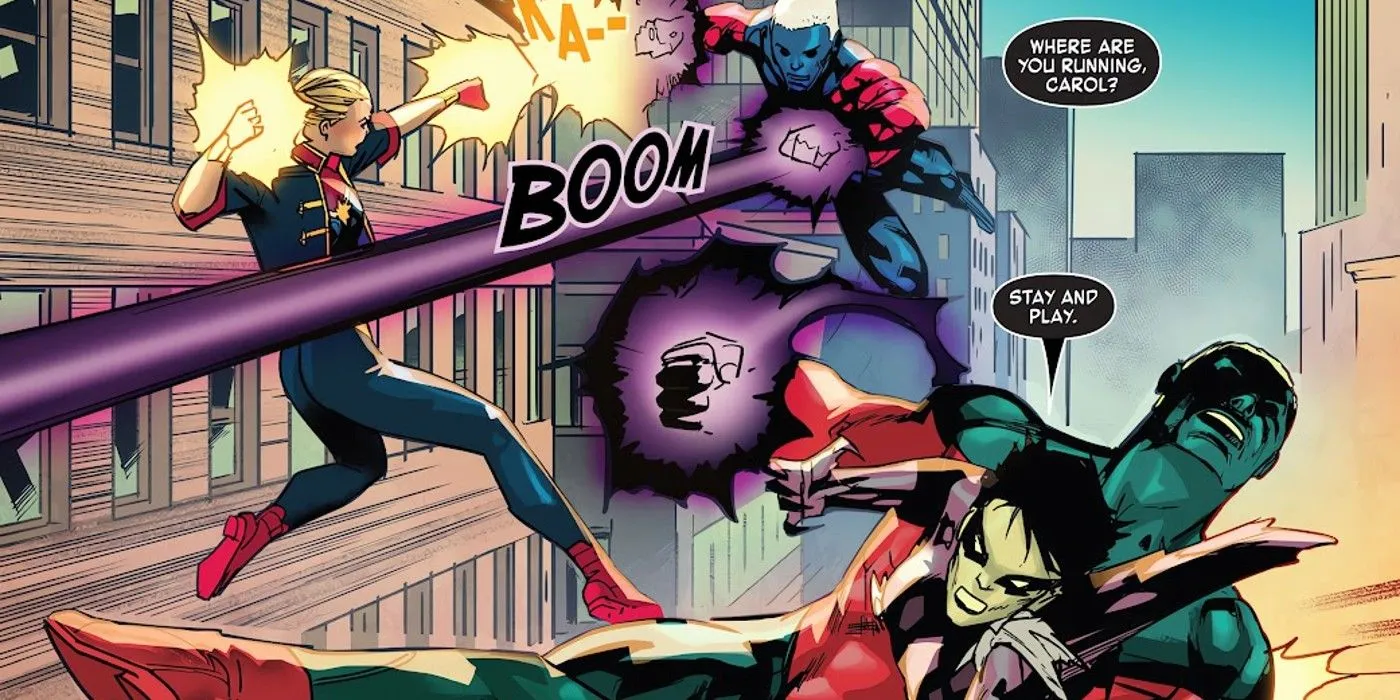
A recurring issue in Captain Marvel’s narratives is her underwhelming roster of villains. A common notion posits that a hero’s intrigue is often tied to the strength of their adversaries. The most iconic superheroes, like Batman and Spider-Man, are often intertwined with their memorable foes. Unfortunately, Carol Danvers has seldom faced off against any formidable adversaries during her tenure as a top-tier Marvel hero.
Many of Captain Marvel’s opponents lack developmental depth, with numerous villains introduced only to vanish after a single arc. While insufficient antagonists contribute to the struggle, they are not the sole factor dampening the success of Captain Marvel’s adventures.
Consider the character Omen, who made headlines in the recent Captain Marvel series by Alyssa Wong. Heralded by many as one of her standout arcs, Omen initially posed a true threat by overpowering Captain Marvel. Yet, the resolution of their conflict felt anticlimactic, and it remains unclear if Marvel intends to utilize Omen as a recurring foil for Carol Danvers in future narratives. Instead of fostering a dynamic villain/hero relationship, Marvel appears to shift in another direction, possibly missing an opportunity to enrich the storyline.
Reflecting on Captain Marvel as a Challenging Character to Write
Understanding the Challenges of All-Powerful Protagonists
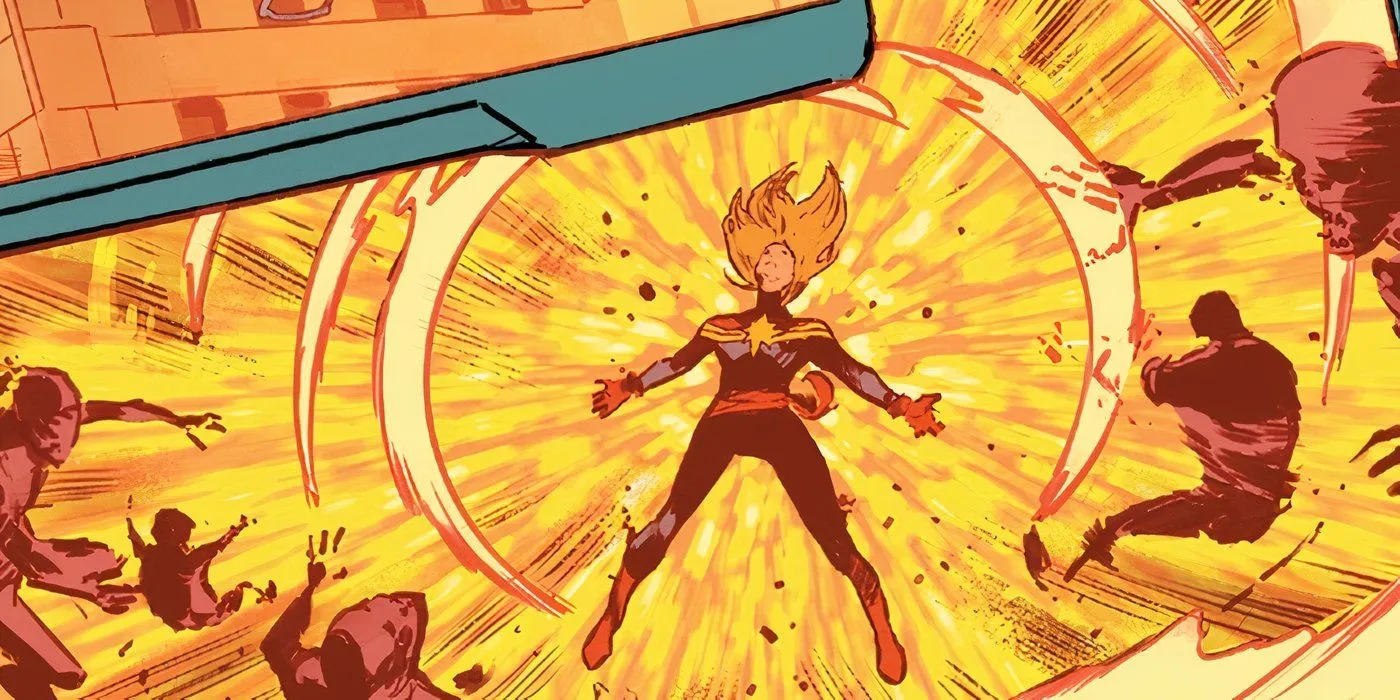
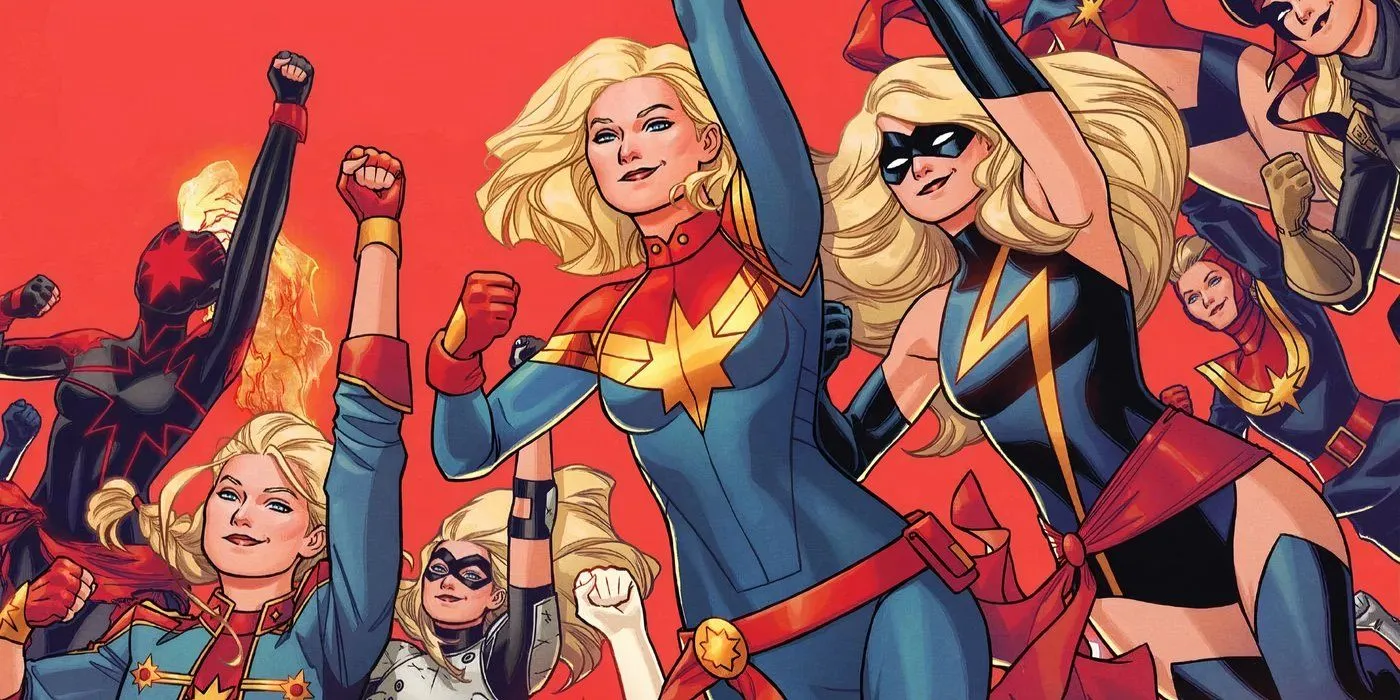
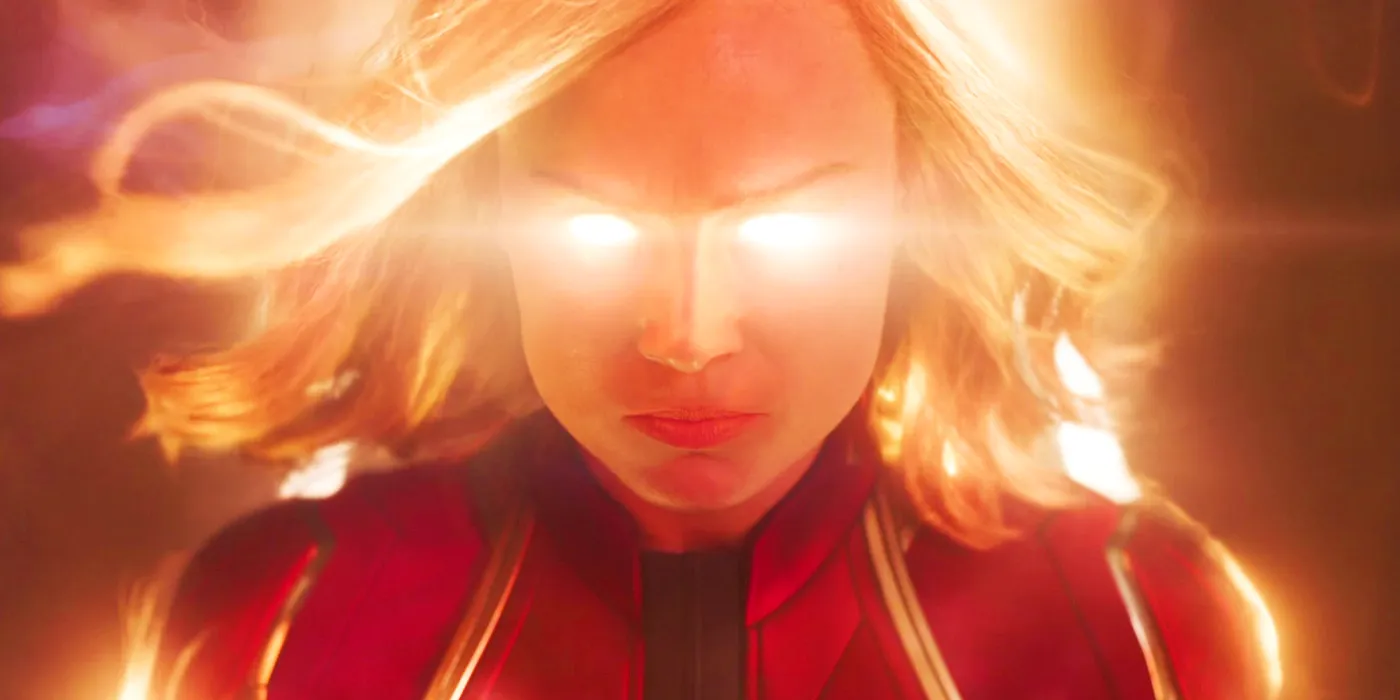
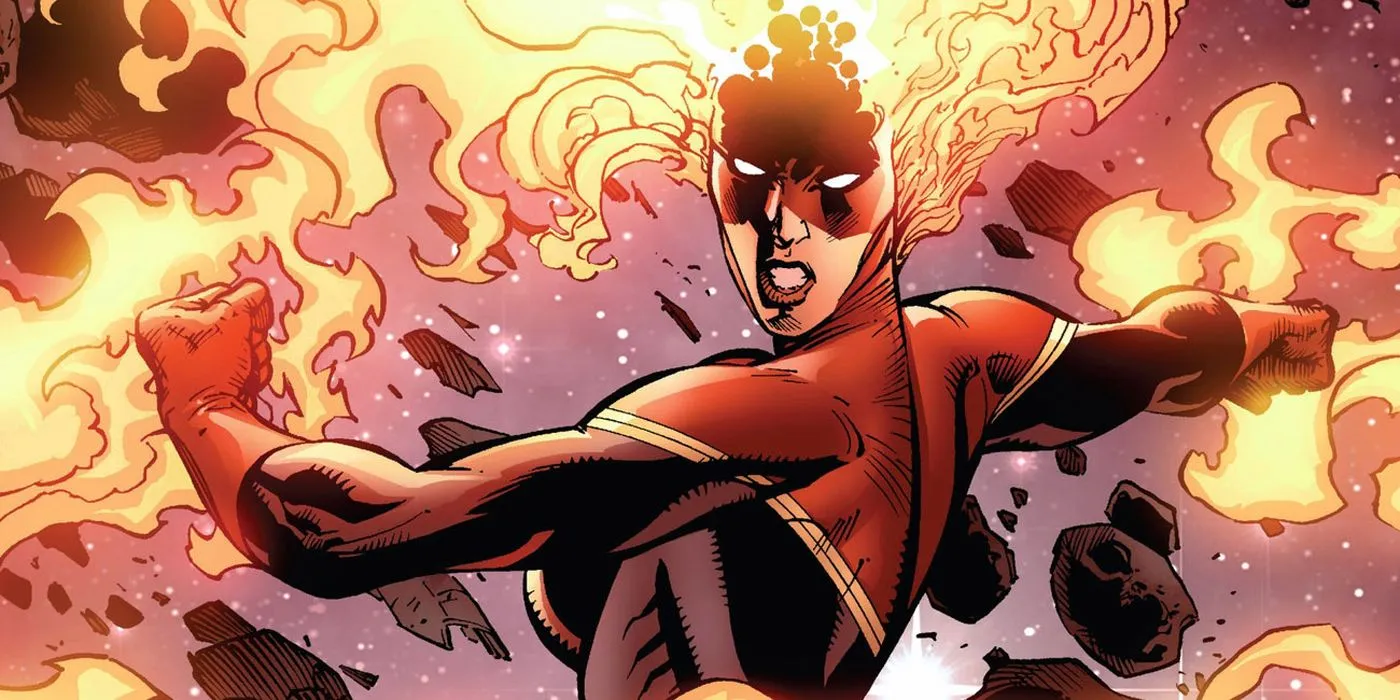
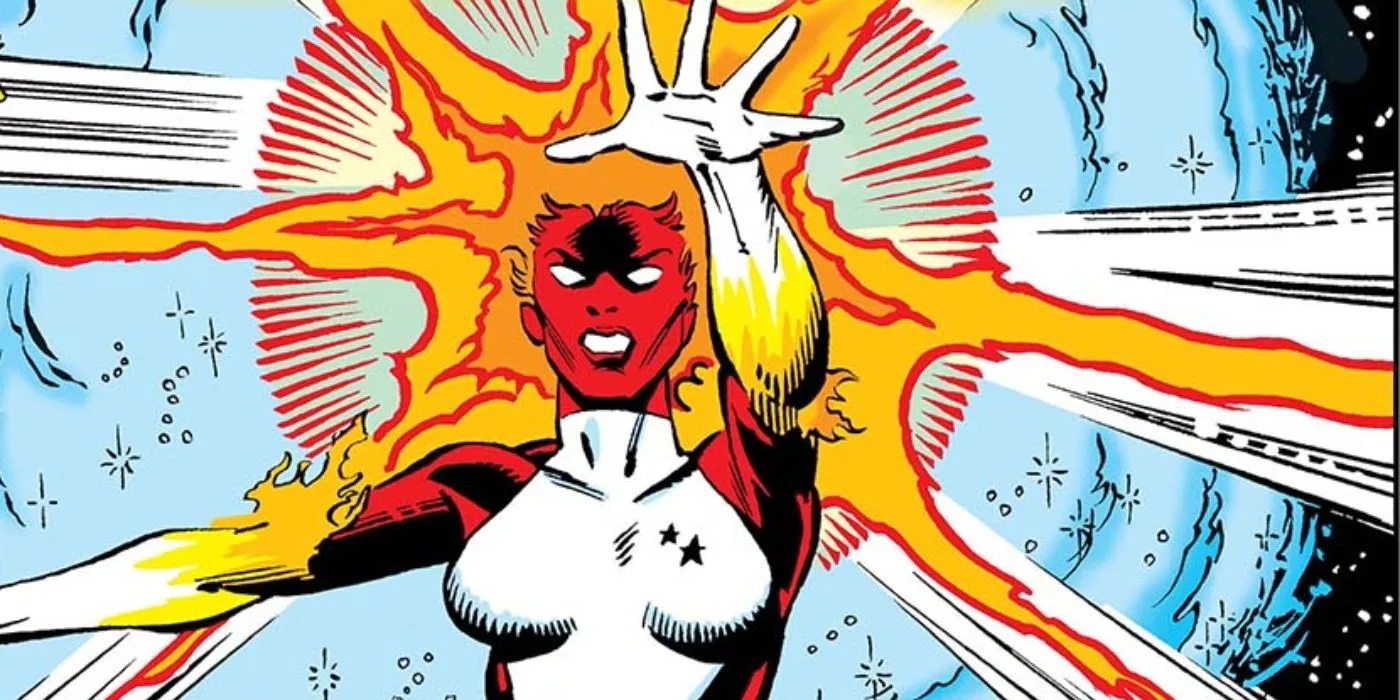
It can be challenging for readers to fully engage with Captain Marvel’s adversaries given her stature as a cosmic powerhouse. This leads some fans to speculate whether crafting compelling narratives around Carol Danvers is complex due to her extraordinary strength. This issue is not exclusive to Captain Marvel; writers have similarly struggled with depicting other immensely powerful characters, such as Superman. Nevertheless, it remains a significant factor in her storytelling hurdles.
Currently, Captain Marvel possesses power levels that rank her among deities. While crafting relatable narratives for such formidable beings is not insurmountable, it certainly poses a creative challenge for writers.
Ironically, Captain Marvel’s strength could also be a writer’s dilemma, complicating opportunities for character development and relatable conflicts. The essence of any hero’s narrative lies in facing challenges and existing as relatable figures, yet this becomes increasingly difficult with a protagonist who seems invincible. Writers may find it particularly daunting to navigate these complexities when Captain Marvel’s abilities resonate at such lofty levels.
The Impact of Past Storylines on Captain Marvel’s Popularity
How Civil War II Affected Carol’s Image
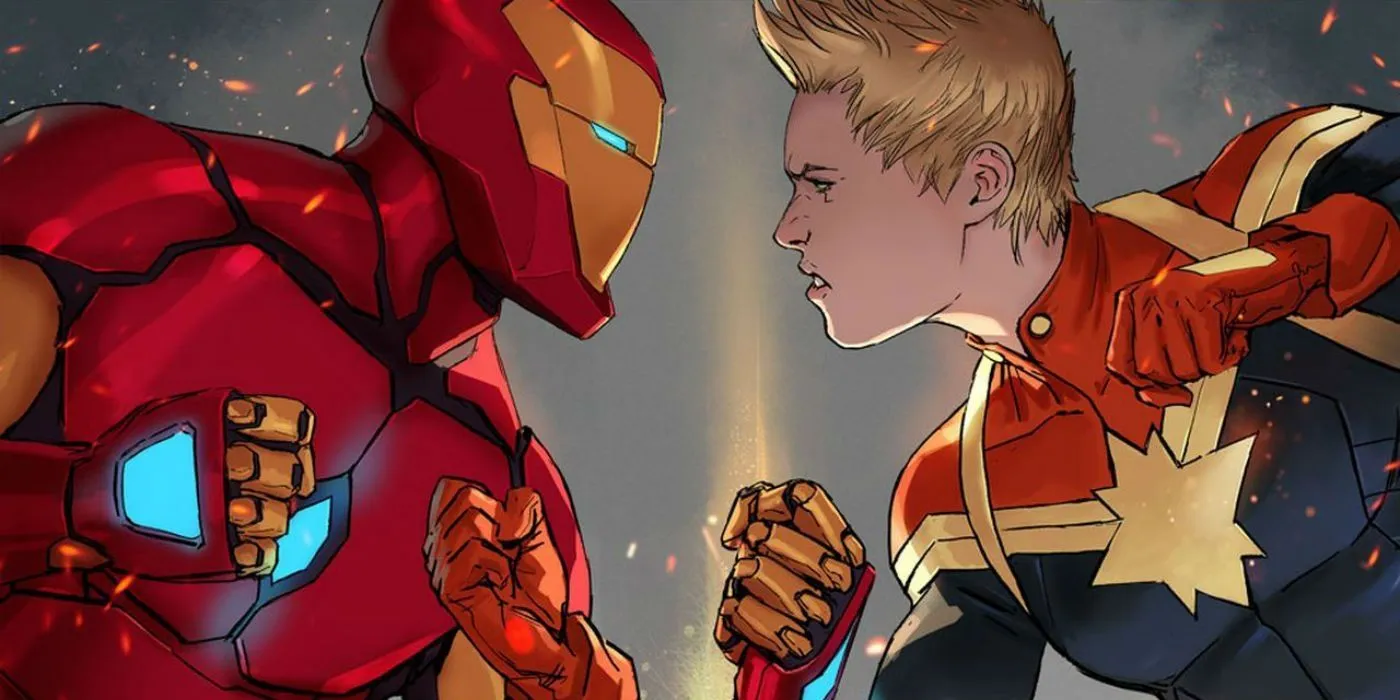
In the context of Alyssa Wong’s new Captain Marvel series, the author envisions Carol Danvers as an “unstoppable force and an immovable object,”embodying bravery, principles, and even stubbornness. While her strengths as a superhero shine, these character nuances resonate with readers on a more personal level. A powerful being exhibiting human flaws is relatable; it mirrors the complexities of human experience.
The allure of superhumans often hinges on their humanity. Stories become captivating when writers craft relatable characteristics. Unfortunately, Brian Michael Bendis’ Civil War II casts a shadow on Captain Marvel’s legacy. Many critics label her portrayal during this event as “character assassination,”where she displayed traits that starkly contrast her established persona. Such misrepresentation has turned many readers against Civil War II, and it has left an indelible mark on Captain Marvel’s narrative history.
Strategies for Marvel to Revitalize Captain Marvel Comics
Learning from Successful Narratives
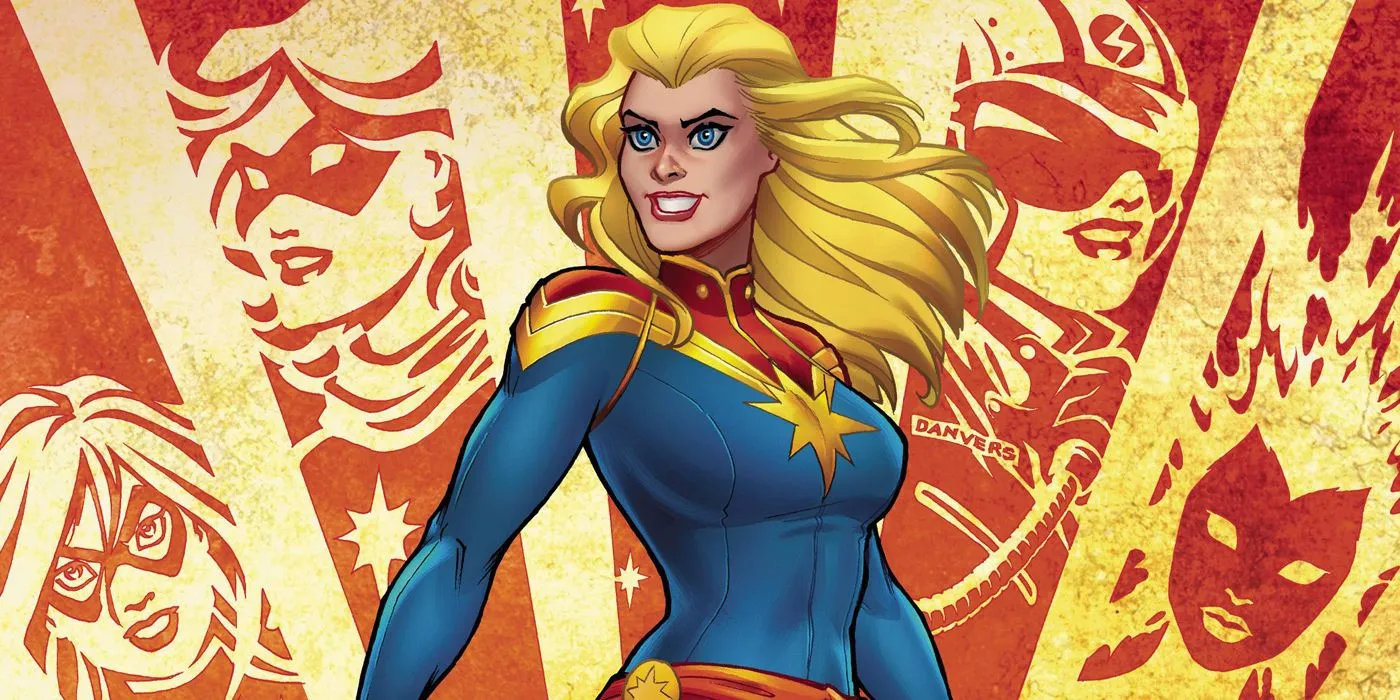
The disdain for Civil War II contributes to the appreciation fans have for Kelly Thompson’s Captain Marvel series. This narrative not only revitalizes the character’s roots but is also well-crafted and compelling. As readers navigate Captain Marvel’s journey, recent successful series indicate potential pathways for storytelling that address flaws and enhance the character’s appeal. If Marvel is genuinely concerned about fan reception, these narratives provide a roadmap for improvement.
Critics frequently cite a lack of excitement in her adventures, a sentiment that could change dramatically with fresh, innovative storytelling approaches. As anticipation builds for the upcoming Captain Marvel series, it is essential for the next creative team to focus on revitalizing her character. This approach could involve diving back into Carol’s extensive rogues’ gallery, drawing on existing villains rather than hastily introducing new ones.
Furthermore, it is vital to balance Captain Marvel’s immense power with the empathy and determination that endear her to fans. Although critics label her titles as mundane, with time and thoughtful writing, Captain Marvel could finally fulfill her narrative potential.




Leave a Reply ▼